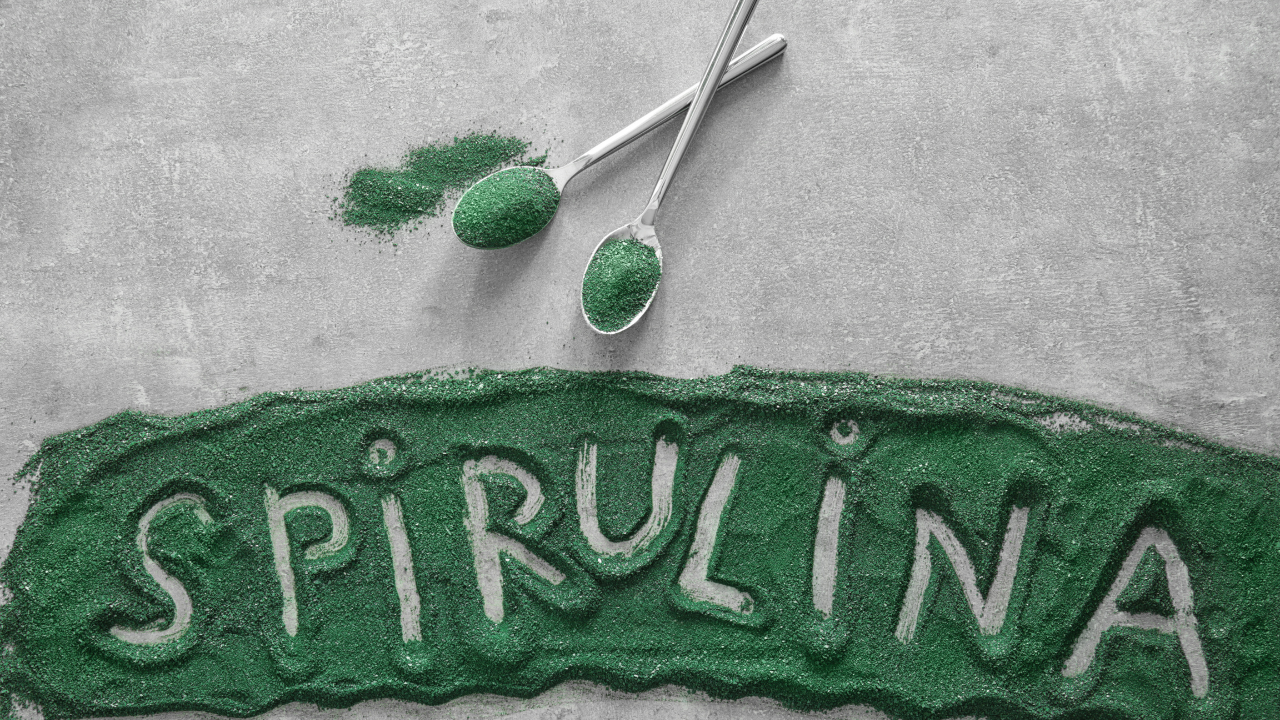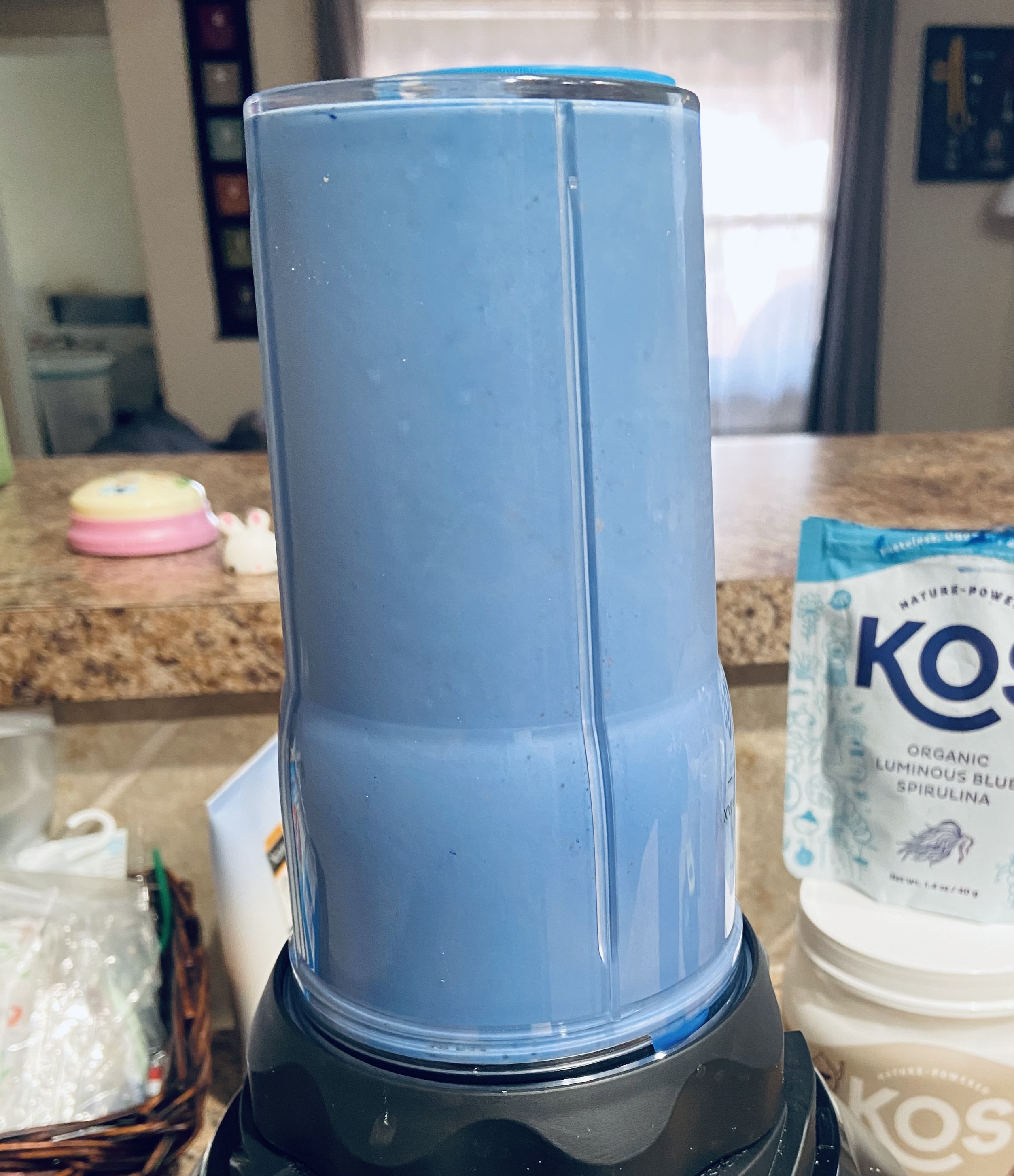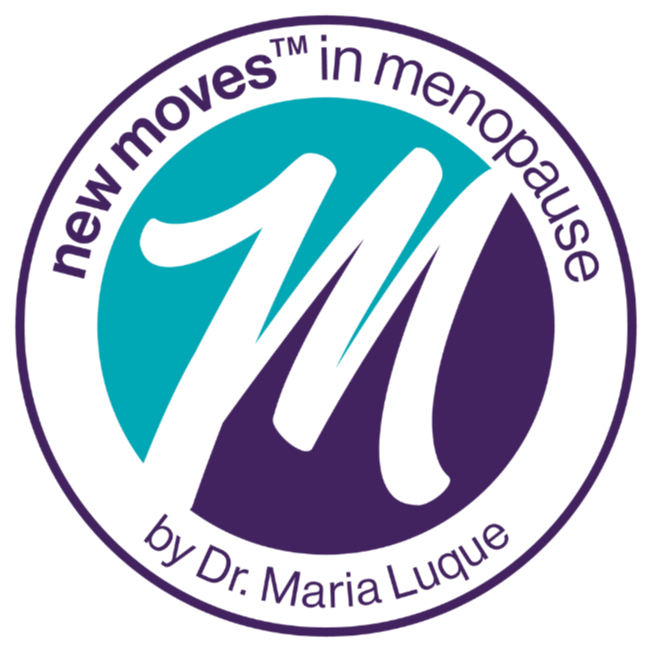Menopause Menu: Spirulina
Mar 09, 2022
I strongly follow the ADD vs. SUBTRACT philosophy when it comes to nutrition. This means that I chose to add nutrition-packed foods to the things I love rather than eliminating foods that bring me joy. That’s why I created my “MENOPAUSE MENU” series. It is dedicated to exploring foods that can be easily assimilated into your diet. I’m very excited about today’s Menopause Menu star, spirulina, because I just recently started adding it to my repertoire of nutrition boosters, and I love it.
Here’s why
Besides having a color that makes you wish you were at the beach, this wonderful alga is packed with nutrients.
It is rich in:
- Protein
- It contains all the essential amino acids
- High amounts of carotenoids
- Essential fatty acids
- Vitamins (K, B12, 6)
- Iron
- Calcium
- Selenium
More excitingly, it has recently received more attention as beneficial for menopausal women. There is research showing the anti-inflammatory and antioxidant benefits of spirulina and its benefits on brain health. Considering that both inflammation and cognitive decline increase during menopause, this beautifully blue-green alga could be a safe and beneficial addition for menopausal women. Bobescu et al. state in their recent literature review that, although there is more need for research, there are promising results indicating that spirulina can have beneficial effects on lipid metabolism, obesity, and blood pressure, for postmenopausal women.
How to consume it?
Research shows that 1-3g per day is the proper dosage, but adjustments can be made depending on each person’s individual needs and medical conditions.
I add one scoop to my post-workout shake for an easy nutritional boost. It also turns my shake into a beautiful blue (or green depending on which type of spirulina), making it even more fun to drink.

Disclaimer: The information here is my own opinion, based on scientific research. It does not constitute medical advice. You should always consult your doctor if you’re taking medications that might interfere with new foods/supplements.



